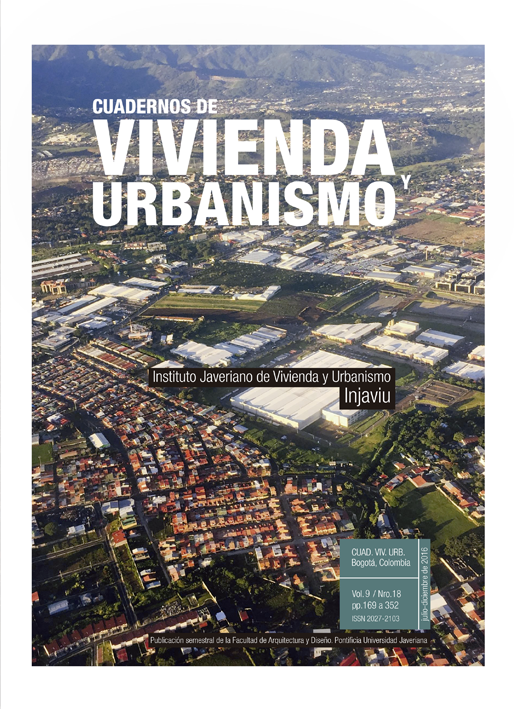Resumo
Para os habitantes nativos de Las Calles - uma localidade do Vale Traslasierra, na província de Córdoba, Argentina - desde há dez anos “seu” povo começou a mudar devido ao impacto da migração urbana. A sociedade receptora entende as transformações fisionômicas da comunidade a partir da referência temporal “antes/agora” e percebe a chegada de citadinos ao povoado como invasivo. O intuito deste trabalho é refletir sobre as transformações espaciais, identitárias e relacionais de uma pequena localidade a partir dos relatos identitários dos habitantes autóctones. Indagam-se interpretações e percepções que se nutrem de imaginários diversos em torno de noções como desenvolvimento, progresso, pertença, bem-estar, trabalho, espaço, tempo e sobre tudo, no que se refere à percepção de quem é o “outro”. Nesse contexto a diversidade de procedências, pertenças, tradições e valores põem em jogo a configuração da identidade local.
Esta revista científica se encuentra registrada bajo la licencia Creative Commons Reconocimiento 4.0 Internacional. Por lo tanto, esta obra se puede reproducir, distribuir y comunicar públicamente en formato digital, siempre que se reconozca el nombre de los autores y a la Pontificia Universidad Javeriana. Se permite citar, adaptar, transformar, autoarchivar, republicar y crear a partir del material, para cualquier finalidad (incluso comercial), siempre que se reconozca adecuadamente la autoría, se proporcione un enlace a la obra original y se indique si se han realizado cambios. La Pontificia Universidad Javeriana no retiene los derechos sobre las obras publicadas y los contenidos son responsabilidad exclusiva de los autores, quienes conservan sus derechos morales, intelectuales, de privacidad y publicidad.
El aval sobre la intervención de la obra (revisión, corrección de estilo, traducción, diagramación) y su posterior divulgación se otorga mediante una licencia de uso y no a través de una cesión de derechos, lo que representa que la revista y la Pontificia Universidad Javeriana se eximen de cualquier responsabilidad que se pueda derivar de una mala práctica ética por parte de los autores. En consecuencia de la protección brindada por la licencia de uso, la revista no se encuentra en la obligación de publicar retractaciones o modificar la información ya publicada, a no ser que la errata surja del proceso de gestión editorial. La publicación de contenidos en esta revista no representa regalías para los contribuyentes.


